Health News & Updates – Stay Informed with Global Entertainment Hub
Welcome to your go‑to spot for health headlines that affect everyday life. We cut the fluff and bring you straight‑forward reports on what’s happening across India’s medical landscape. Whether you’re a student, a parent, or just curious about the latest health buzz, you’ll find practical info here.
What's Making the News Right Now
Rural healthcare gaps exposed: A pregnant woman in Rewa, Madhya Pradesh, died after a flooded bridge cut off access to emergency care. The tragedy highlights how bad infrastructure can turn a routine health visit into a life‑or‑death situation.
COVID‑19’s new twist: The JN.1 variant is causing a spike in cases across Kerala, Delhi and other states. New symptoms like persistent throat irritation and odd skin rashes are surfacing, prompting health officials to push booster shots and keep masks handy.
Organ transport breakthrough: Rajasthan just completed its first helicopter organ transfer, moving eight organs from a brain‑dead donor to hospitals in Jaipur and Jodhpur. The fast‑track move saved lives and shows how technology can boost transplant success.
Guillain‑Barre surge in Pune: Over 100 cases have been recorded, with investigators linking the spike to possible water or food contamination. The city’s rapid response team is on the ground, urging residents to practice strict hygiene.
World Cancer Day 2025: The theme ‘United by Unique’ focuses on personalized cancer care. Experts stress early detection, shared research, and equal access to treatment to lower mortality rates.
Why These Stories Matter to You
Each of these headlines touches on a real‑world impact. Infrastructure failures, like the Rewa bridge, remind us to ask local leaders for safer roads and reliable emergency services. New COVID‑19 symptoms mean you should watch for anything out of the ordinary and consider a fresh booster if you haven’t had one recently.
The helicopter organ move in Rajasthan shows that faster transport can turn a potential loss into a life‑saving victory. It also signals that more regions might adopt similar services, expanding access to transplants.
In Pune, the Guillain‑Barre spike is a warning to keep water clean and food safe—simple steps like boiling water and washing produce can cut down risk. And the World Cancer Day push for personalized care encourages you to talk to doctors about genetic testing and tailored treatment plans.
Staying updated doesn’t have to be a chore. Bookmark our health page, check the headlines a few times a week, and share what matters with friends and family. Knowledge is the first step toward staying healthy, and we’re here to deliver it without the jargon.
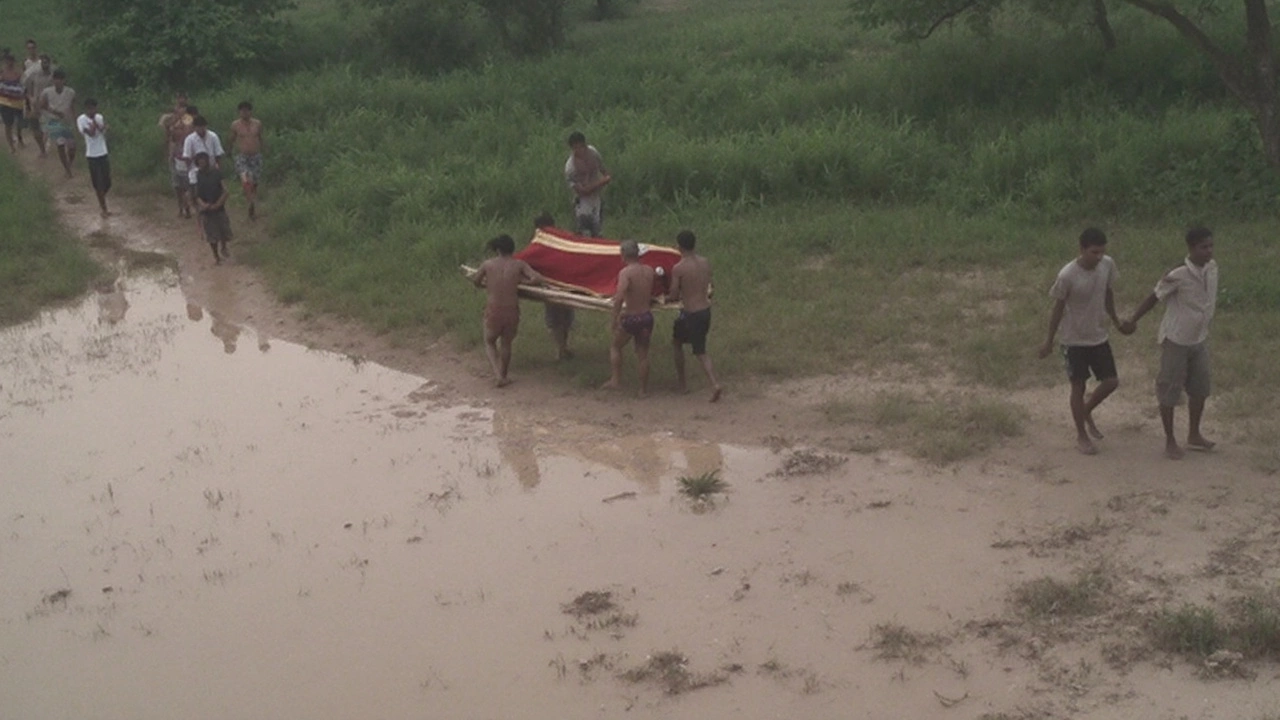
- Jul, 18 2025
- Comments 0
Flooded Bridge Leaves Pregnant Woman Stranded, Exposes Rural Healthcare Gaps in MP's Rewa District
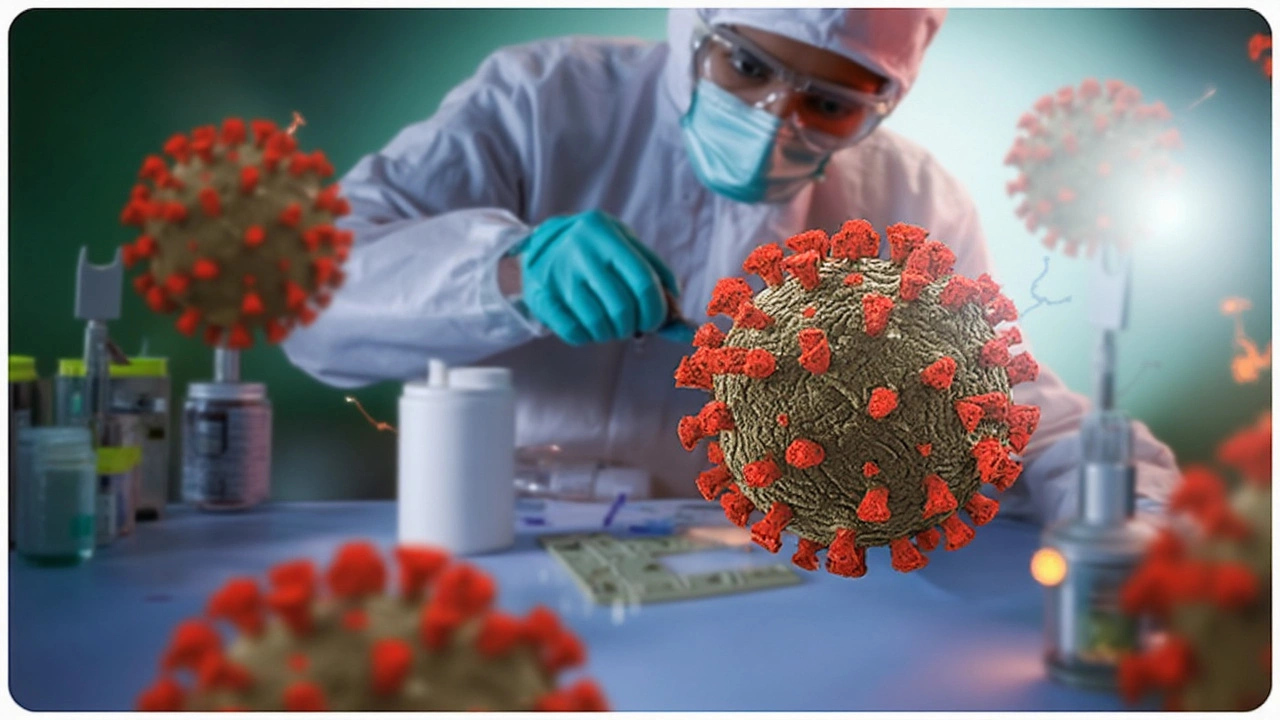
- May, 28 2025
- Comments 0
India's COVID-19 Cases Jump as JN.1 Variant Brings Unusual Symptoms in Kerala, Delhi, and Beyond
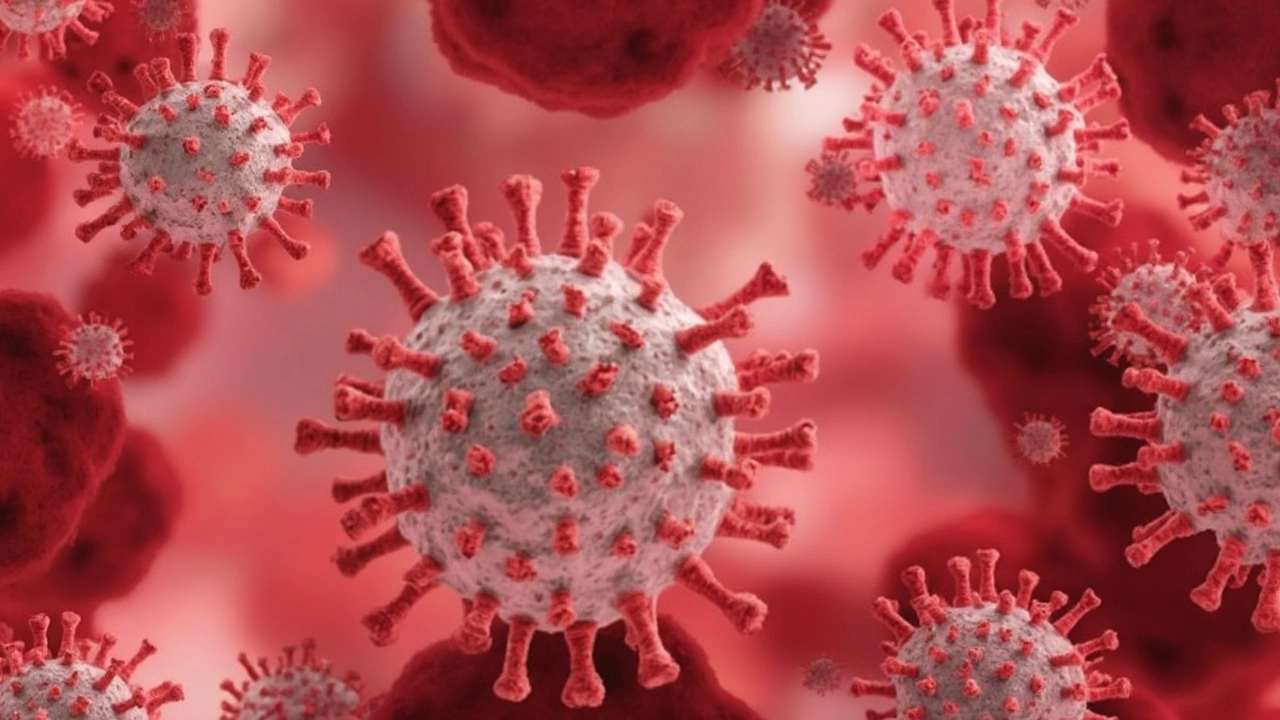
- May, 20 2025
- Comments 0
Covid-19 India Update: JN.1 Surge in Asia Prompts Vigilance, Cases Remain Mild at Home
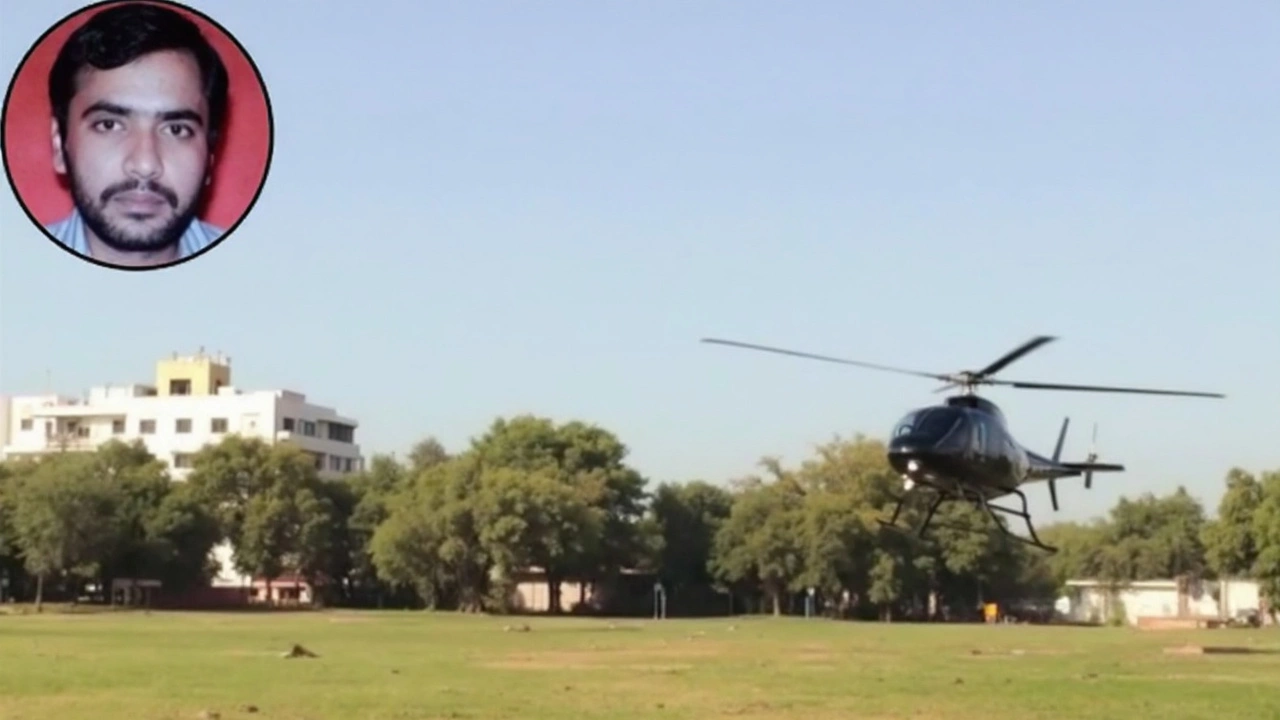
- May, 3 2025
- Comments 0
Rajasthan Helicopter Organ Transport Sets New Benchmark in Life-Saving Transplants

- Mar, 29 2025
- Comments 0
Solar Eclipse 2025: Essential Precautions for Pregnant Women During the First Celestial Event
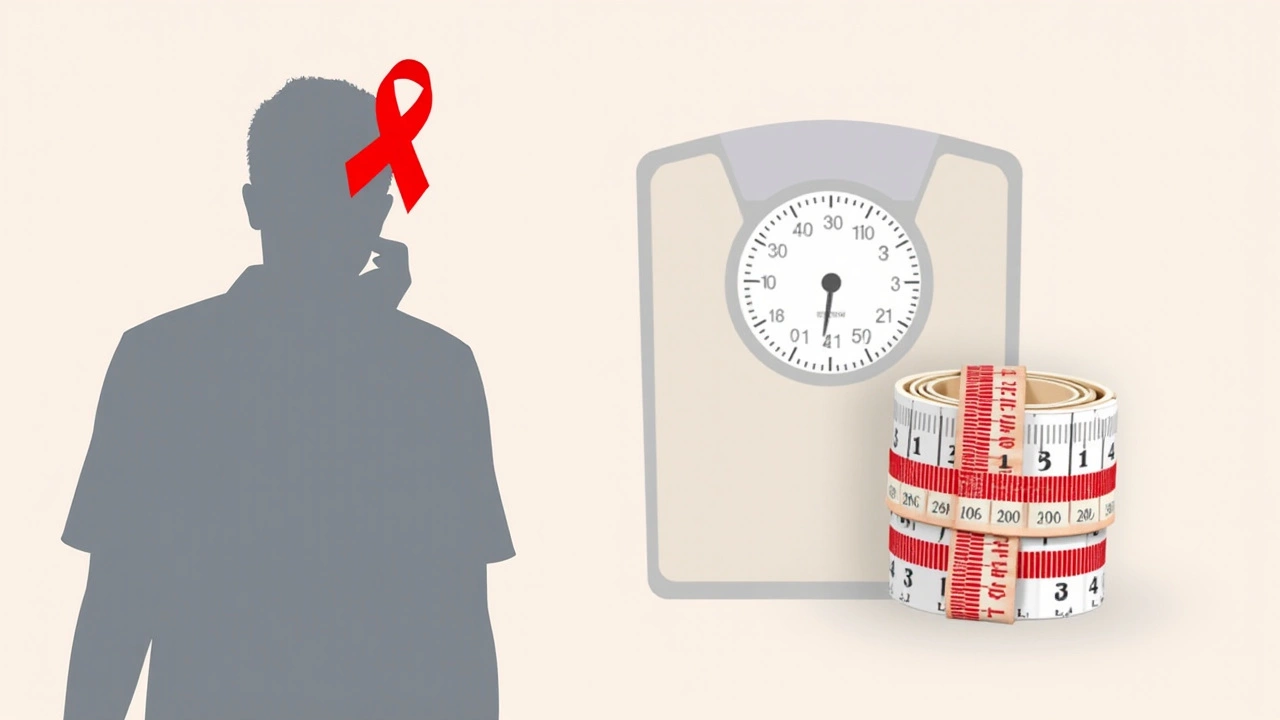
- Feb, 4 2025
- Comments 0
World Cancer Day 2025: Uniting Globally for Personalized Cancer Care
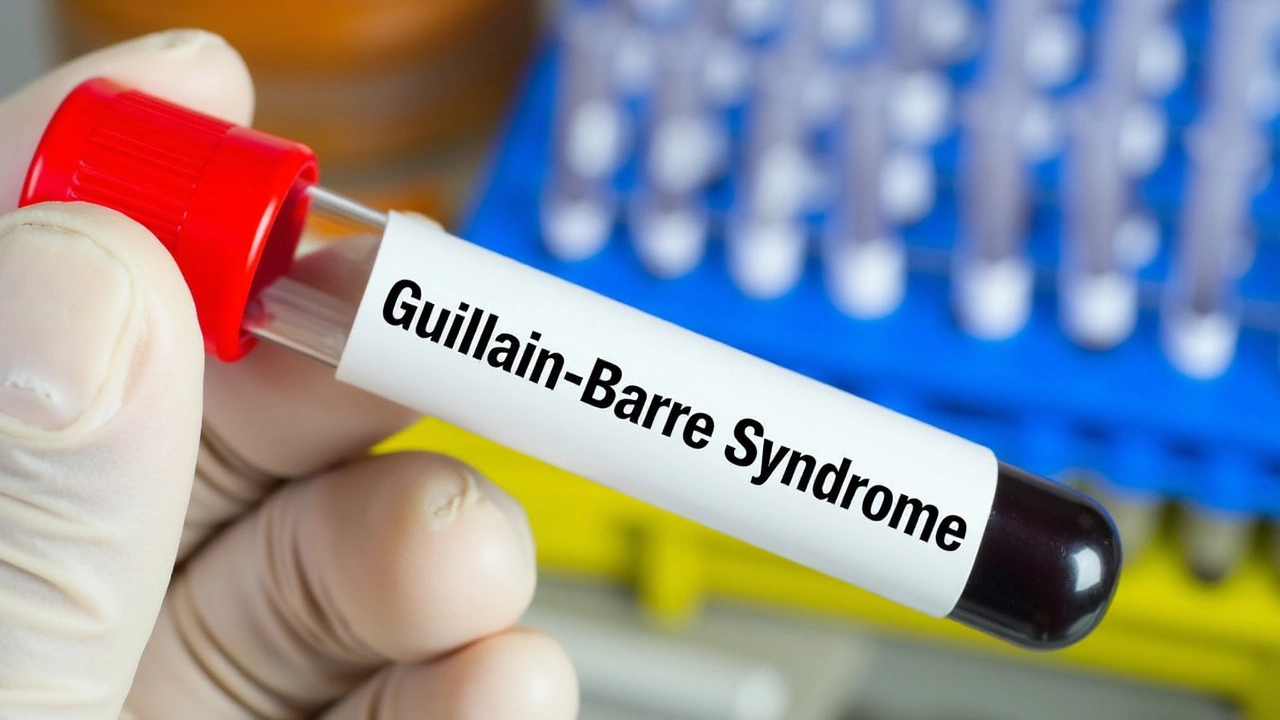
- Jan, 27 2025
- Comments 0